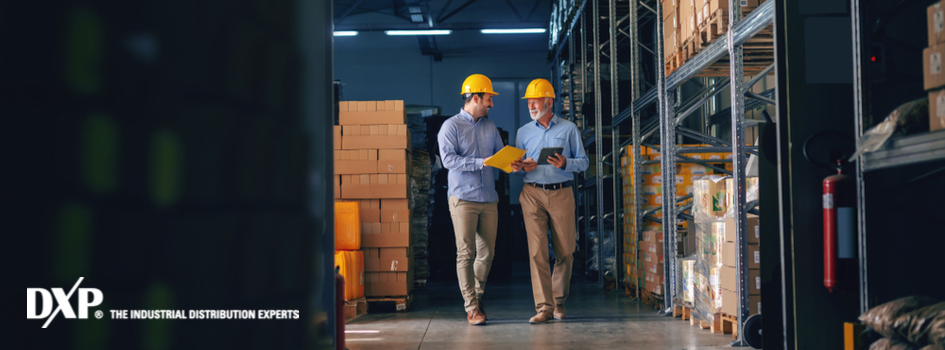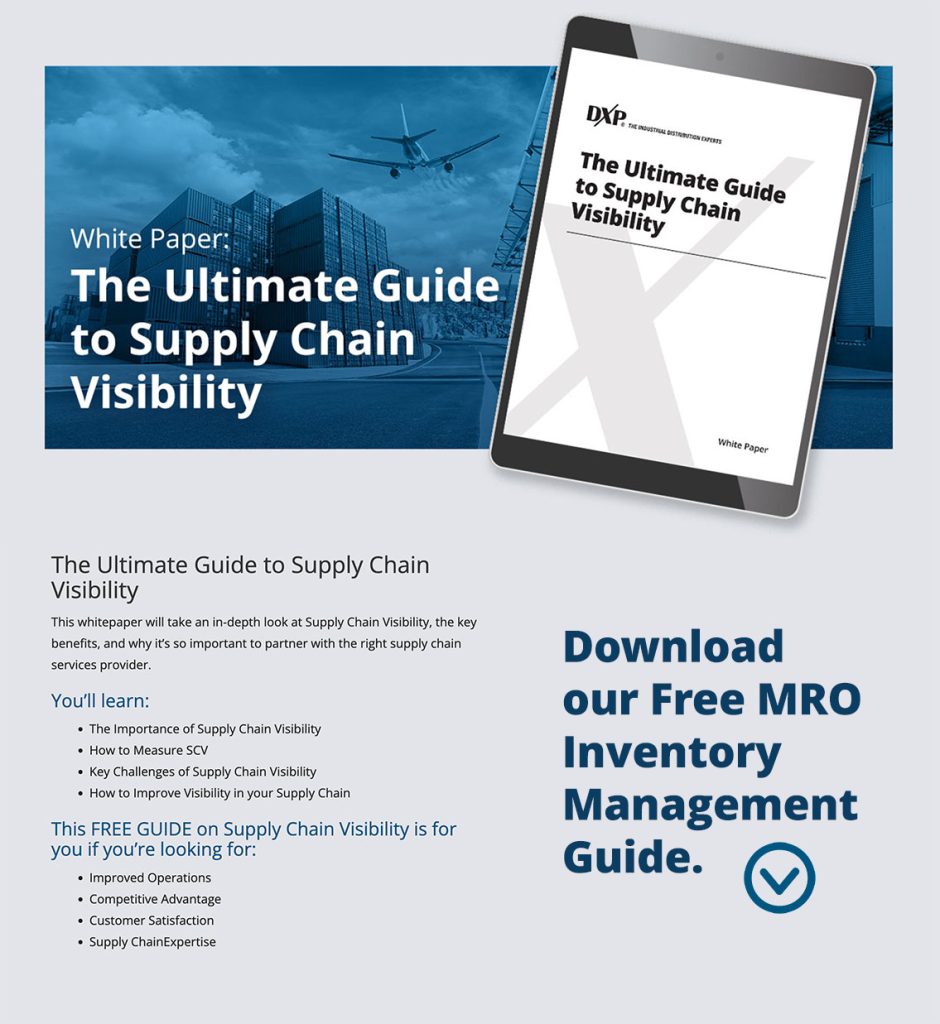
Common Industrial Distribution Terms (and What They Mean)
Do you know what CMMS stands for? Could you explain what strategic sourcing is? If you’re starting a career in industrial distribution, you must understand the most frequently used industrial distribution terms.
Knowing the standard terms within your industry and how to use them is crucial to excelling in any job. When you’re beginning your industrial distribution position, there are several terms you’ll want to know, like the back of your hand! You can learn more about these common industrial distribution terms below.
Industrial Distribution Terms You Need To Know
First of all, what is industrial distribution? Industrial distribution refers to the business-to-business sales and service for parts and equipment. It is an essential part of the supply chain that keeps the economy going.
Before you go scouring the web to find an industrial distribution glossary, take a look at the basic one we’ve compiled here. The following are the most common industrial distribution terms and a brief explanation of what each one means:
CMMS – Computerized Maintenance Management System
A computerized maintenance management system, more commonly referred to as “CMMS,” is a software package that maintains a computer database of information on an organization’s maintenance operations. This database helps maintenance workers keep track of machines needing repair work, storerooms containing specific inventory, and more.
It also helps managers calculate the cost of certain things like repair work versus routine maintenance for their machines. As a result, CMMS is sometimes referred to as a computerized maintenance management information system or CMMIS.
VMI – Vendor-Managed Inventory
Vendor-managed inventory or VMI refers to an inventory management practice in which the supplier of goods is responsible for optimizing the stock held by a distributor. This supplier is typically the manufacturer of the goods. In traditional arrangements, the retailer would make decisions about supply orders and inventory.
In a VMI system, the retailer supplies the vendor with their inventory data, and the vendor makes decisions regarding order size and cost. Thus, the vendor is responsible for the ordering cost, while the retailer is responsible for the holding cost. This practice can lead to an overall cost reduction because it prevents the stocking of undesired inventory.

MRO – Maintenance, Repair, and Operations
MRO stands for maintenance, repair, and operations. That encompasses all of the activities that keep your facility and the equipment within it functioning effectively. The primary goal of MRO is to keep track of how your entire organization is running.
Learn more about MRO Commodity Agreements.
Category Management
Category management refers to a retailing and purchasing concept where the range of products sold by a retailer or organization is broken down into distinct groups of similar items called “product categories.” This system is considered a disciplined approach to managing products.
Strategic Sourcing
Strategic sourcing refers to developing channels of supply at the lowest total cost and not just the lowest purchase price. That expands on the traditional purchasing activities by including all activities within the procurement cycle. In other words, everything from specification to receipt payment for the goods and services to the sourcing production lines. This process fosters continuous improvement and re-evaluation of purchasing activities within an organization.
FAT – Factory Acceptance Testing
Factory acceptance testing, FAT, refers to the process of testing and evaluating a part or piece of equipment to make sure that it meets the desired requirements. That involves running tests on the equipment or machine to see if it performs exactly as you expect it would or if any changes are necessary.

Industrial Distribution Experts
Now that you’re familiar with some of the terminology in the industrial distribution glossary, you may feel better prepared to enter into an industrial distribution career. In addition, working with a company like DXP Enterprises can help expand your knowledge of industrial distribution and make you an integral part of the process.
By furthering your distribution knowledge and becoming part of a distribution team, you can help ensure that organizations receive the exact products they need in the correct numbers at the right time, all of which are essential aspects of industrial distribution.
By joining the supply chain in this way, you’ll be an indispensable step in the process that keeps endless companies afloat. Contact DXP Enterprises today to learn more!

